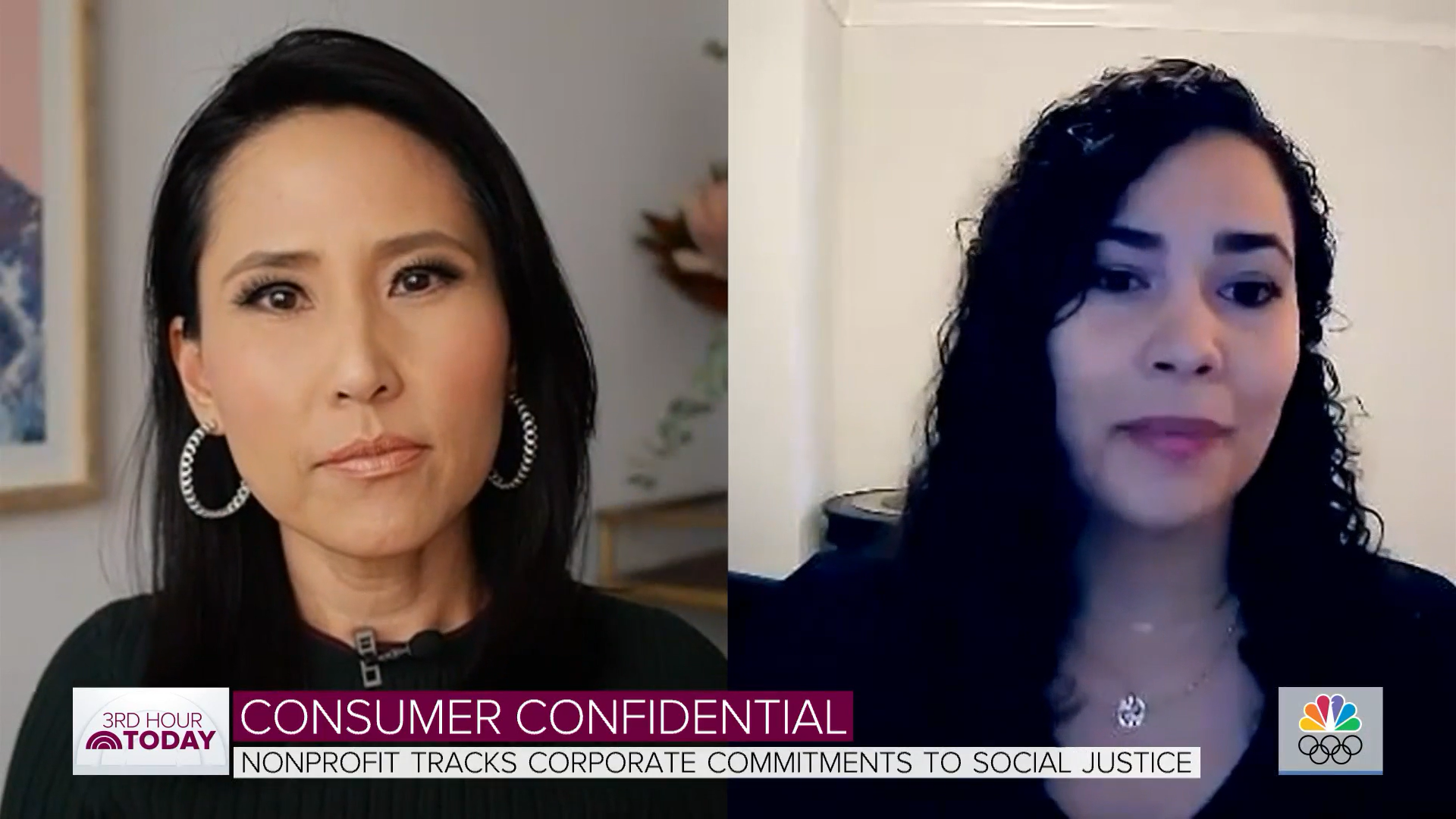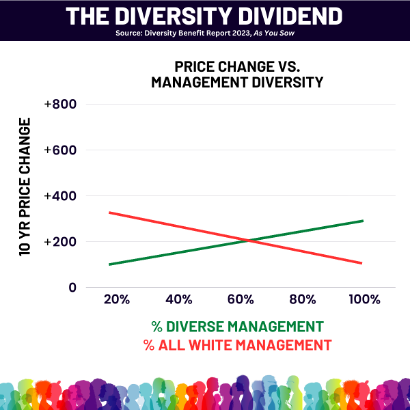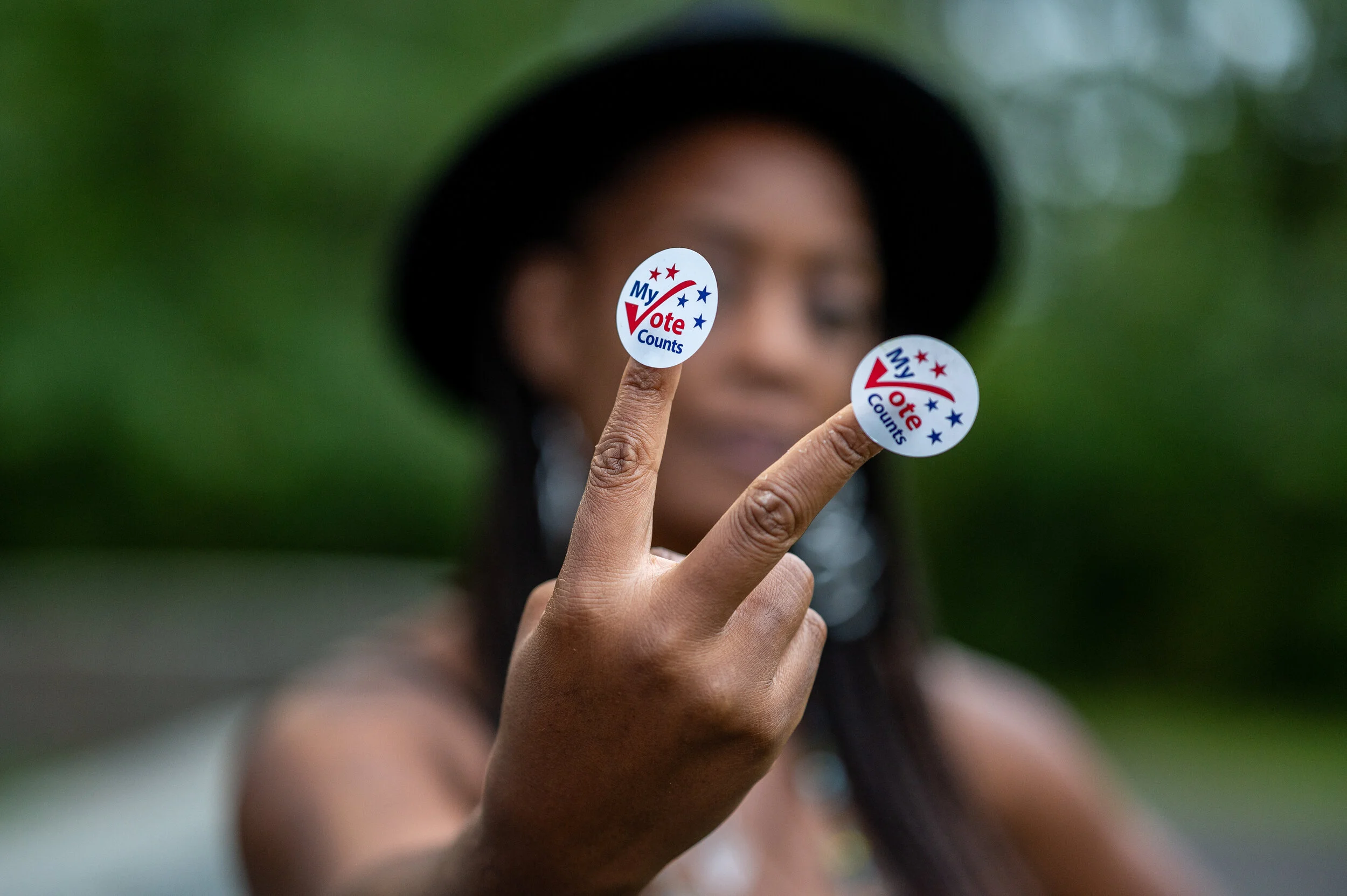
RACIAL JUSTICE
Racial Justice Initiative
In May of 2020, the world witnessed the horrific murder of George Floyd, forcing many to confront and challenge systemic racism within our lives. Not only did this event force a re-evaluation of our most fundamental beliefs and institutions, but it also became a catalyst for change within American society.
As You Sow®, the nation’s leading non-profit in shareholder advocacy, created the Racial Justice Initiative to educate companies on the importance of incorporating standards related to racial justice, diversity, equity, and inclusion. By showing the material benefit of cultivating a diverse workforce, with strong equity-based policies and practices, we help companies further positive actions for their employees, communities, shareholders, and stakeholders.
+ Corporate Engagement on Racial Justice
Since 2020, the Racial Justice Initiative has developed Racial Justice Scorecards on the Large-Cap 3000, to monitor publicly available information on key actions related to racial equity, diversity, and inclusion disclosure and policies, and environmental justice. The Racial Justice Scorecards are an educational tool with guidelines that assist a variety of stakeholders in understanding and gauging corporate progress on racial equity and environmental justice. Companies, investors, consumers, and other stakeholders actively use our work to make policy, financial, and personal decisions.
As shareholder advocates, we educate and motivate companies to examine implicit biases built within their systems by engaging directly with public companies. The Racial Justice Scorecards serve as the backbone of our corporate engagement strategy and our key performance indicators (KPIs) are evaluation guidelines which track and monitor corporate progress.
Our data is thoroughly quality-checked, with a transparent methodology available on our website. The data is updated quarterly, giving companies we engage with the opportunity to improve real time, as well as annually- with an intensive research update occurring each year.
+ Racial Justice Scorecards: Quarterly Update Key Findings as of December 31st, 2024
View our Racial Justice Scorecard Data Visualization Tool
- Of the Large-Cap 3000 companies, only 26% made statements in reference to George Floyd’s murder. Of these, 67% were posted on their websites; 33% on social media
- 24% of the Large-Cap 3000 companies have made a statement, or completed a public action, which referenced their CEO accepting responsibility to further racial equity
- 17% of the Large-Cap 3000 companies that made a statement named victims of police violence
- Only 8% of the Large-Cap 3000 companies that made a statement which stated that Black Lives Matter
- Only 108 companies in the Large-Cap 3000 stated that they are, or aspire to be, antiracist companies and/or are conducting antiracist trainings
- 255 companies in the Large-Cap 3000 have a C-Suite Level executive leading the company’s DEI Department. These 255 people have DEI, or a similar term, in their corporate title, and lead DEI-focused departments, programs, and/or taskforces
- 19% of the Large-Cap 3000 companies have made financial donations to racial justice organizations/causes
- Only 96 of the Large-Cap 3000 companies publicly recognized, or made statements regarding environmental justice in relation to their business practices
- 393 of the Large-Cap 3000 companies have between 1 and 25 environmental violations since 2020
- Only five companies in the Large-Cap 3000 have more than 100 environmental violations each since 2020
- Only one company, McDonald’s, received the lowest possible score for having disproportionate effects on BIPOC communities
- Of the Large-Cap 3000 companies, 116 companies have a total score that is less than zero, meaning that they do more harm to communities of color than they make up for with positive policies and practices. The majority of the low scorers are in the Industrials sector, followed by the Materials and Energy sectors
RECENT POSTS
We have gained so much collectively from the hard-won battles of organized workers. This week was International Workers' Day, also known as May Day, and As You Sow invites you to join us in celebrating working people and their achievements. Not one of the companies we engage could succeed without the labor of their workers. From cashiers to software engineers, wage workers are the backbone of our economy. Workers have propelled these companies to fantastic financial success.
Why are Elon Musk and Mark Cuban publicly feuding over workforce diversity? The billionaire beef is part of a larger conversation making headlines on corporate programs meant to improve diversity, equity, and inclusion (DEI) in the workplace.
Notably, aviation emissions have doubled since the 1980s and the use of private jets, likely the most emission-intensive way of flying, is growing. According to the Intergovernmental Panel on Climate Change (IPCC) aviation accounts for approximately 2% of global CO2 emissions produced by human activity.
Studio executives are at an inherent disadvantage in the War of Words that defines the WAG/SAG-AFTRA strikes. The people who make programs we love funny are on the other side of the picket line, and their way with words brings people to their side.
Under Executive Order 12898, federal agencies will make environmental justice core to their mission and practices; requiring each to create agency-wide environmental justice strategies, amongst other important goals.
In order to allow their investors to understand their workplace diversity, 87 of the S&P 100 companies have released or have committed to releasing their EEO-1 form, a standardized, government mandated accounting of diversity of gender race and ethnicity by employment levels.
As You Sow has been engaging Facebook, now Meta, with similar resolutions for the past five years asking our company to take responsibility for the material damage to our brand caused by dangerous and criminal behavior, hate speech, and disinformation on our platform.
Transparency and accountability in Nike’s diversity initiatives isn’t something that’s just good for its marketing. It’s something that supports a well-run company. Reports from McKinsey, Credit Suisse, and Stanford’s Graduate School of Business have all linked diversity and inclusion to corporate outperformance.
As You Sow has begun to analyze the specifics of whether and how companies include greenhouse gas (GHG) emissions reduction targets as separate, explicit metrics in their executive compensation plans.
As we watch the climate crisis consume our planet, the role of colonization in the degradation of our environment must be considered. We are witnessing the impacts of extreme temperature changes, raging wildfires, and natural disasters.
I formally move proposal number 5 asking for American Express to report on how it assesses the company’s diversity, equity, and inclusion efforts.
As You Sow’s Racial Justice Initiative has tracked whether corporations acknowledge systemic racism, and whether they back that statement up with community involvement and advocacy.


















